Kenya is staring at an urgent health financing shortfall of Sh24.9 billion following the suspension of USAID, forcing the government to seek alternative sources to sustain critical services.
The funding crisis, triggered by an executive order from President Donald Trump, has placed vital healthcare programmes, including immunisation, HIV treatment, and health worker salaries, in jeopardy.
The challenge was laid bare during a high-level consultative forum on Universal Health Coverage (UHC), chaired by Deputy President Kithure Kindiki.
Health Cabinet Secretary Deborah Barasa detailed the financial strain, revealing that the Ministry is seeking an immediate Sh2 billion disbursement to keep services running, alongside Sh2.5 billion for GAVI vaccines to prevent immunisation setbacks.
At the heart of the crisis is the President’s Emergency Plan for AIDS Relief (PEPFAR) funding freeze, which has left 41,547 healthcare workers uncertain about their future.
Read More
The government is attempting to cushion the blow by retaining 11,059 frontline health workers at a cost of Sh5.84 billion.
Meanwhile, critical digital health systems, such as the Kenya Electronic Medical Records (Kenya EMR) and the Kenya Health Information System (KHIS), require Sh139 million in transition funding to stay operational.
Beyond these immediate concerns, additional financial gaps have emerged.
The Ministry needs Sh2.8 billion to sustain blood transfusion services as World Bank support ends in March 2025. Immunisation efforts could also be severely impacted, with Sh11.6 billion needed to maintain vaccine supplies amid uncertainty over continued GAVI support.
Family planning initiatives require Sh1.74 billion, while nutrition programmes are facing a Sh4.96 billion deficit, with Sh 2.88 billion at risk due to the US funding cut.
Barasa stressed the importance of finding long-term solutions to prevent similar disruptions in the future.
“Ensuring quality healthcare for all Kenyans requires strong collaboration and innovative solutions. Today, I joined His Excellency Prof. Abraham Kithure Kindiki, Deputy President of the Republic of Kenya, as he presided over the Health Summit 2025 at his Official Residence," she stated.
The summit brought together governors, cabinet secretaries, principal secretaries, and development partners to evaluate Taifa Care’s progress and explore financing strategies.
“With the participation of governors, cabinet secretaries, principal secretaries, development partners, and other stakeholders, the commitment to advancing Universal Health Coverage (UHC) remains strong. Taifa Care is not just about access—it’s about transforming healthcare to serve every Kenyan better,” she added.
The aid freeze stems from an executive order signed by President Trump on January 20, shortly after assuming office, suspending all US foreign development assistance for 90 days.
The move, according to the White House, is meant to assess the efficiency and alignment of foreign aid with US policy objectives.
Kenya’s Foreign Affairs Principal Secretary Korir Sing’Oei warned that the decision could derail healthcare progress across Africa.
“The announced pause to US Foreign Assistance will unfortunately impair the ability of many African countries to meet health and other targets and undermine the realisation of SDGs,” he said.
With donor support uncertain, Kenya is now under pressure to secure alternative funding mechanisms, with the Social Health Insurance Fund (SHIF) and the Emergency, Chronic, and Critical Illness Fund (ECCIF) emerging as potential solutions to cushion the health sector from future aid shocks.

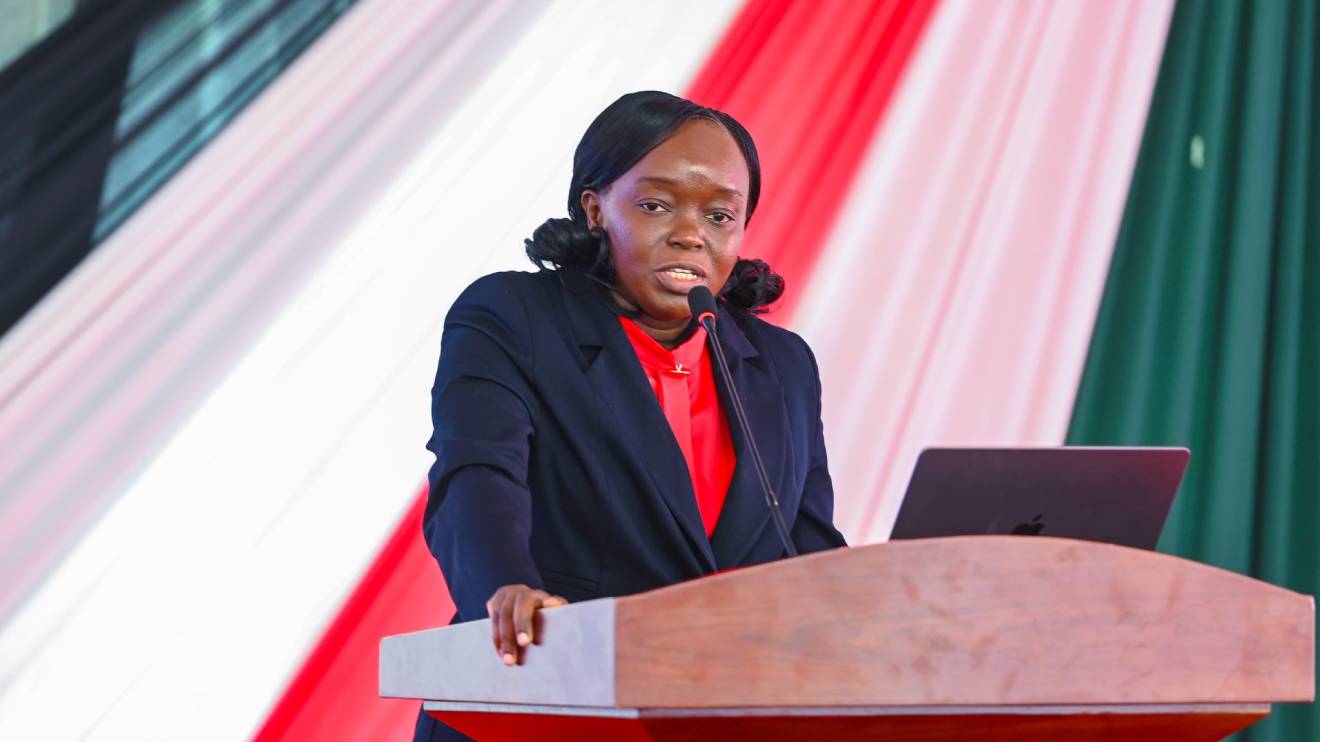
-1746531767.jpeg)
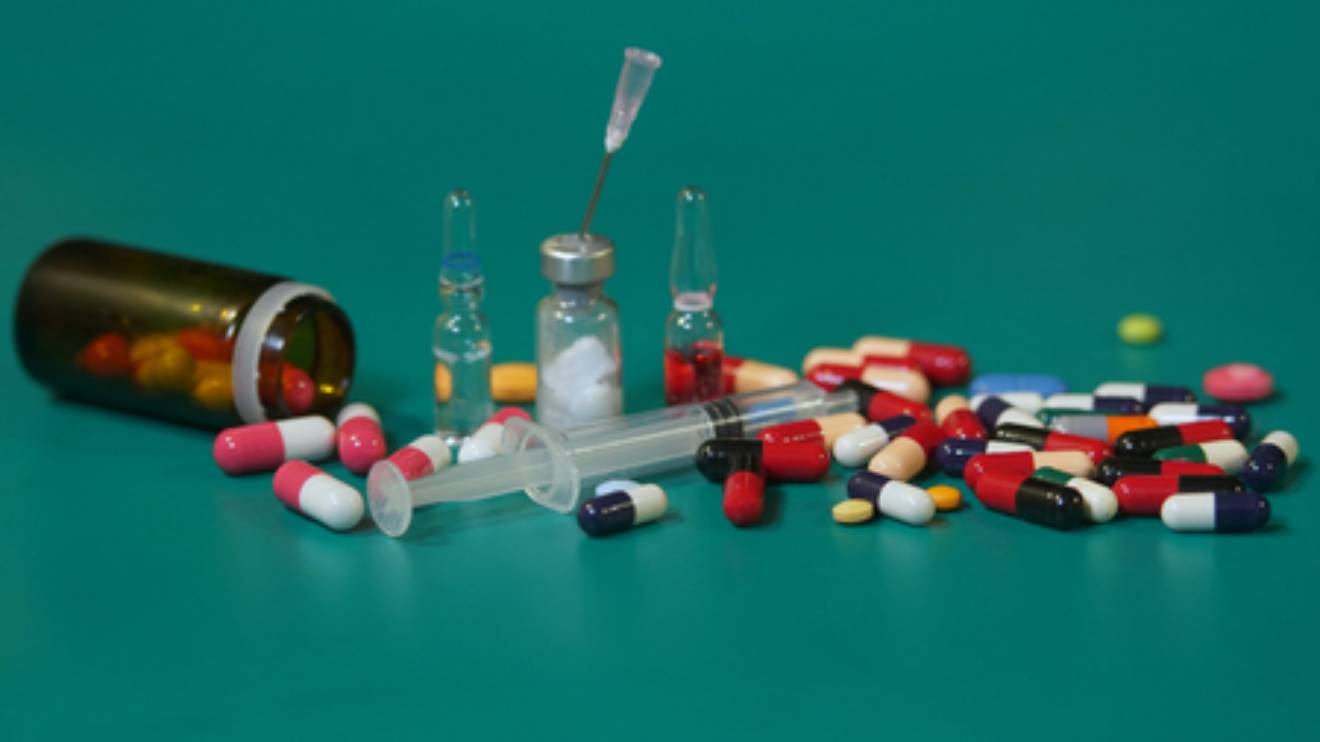
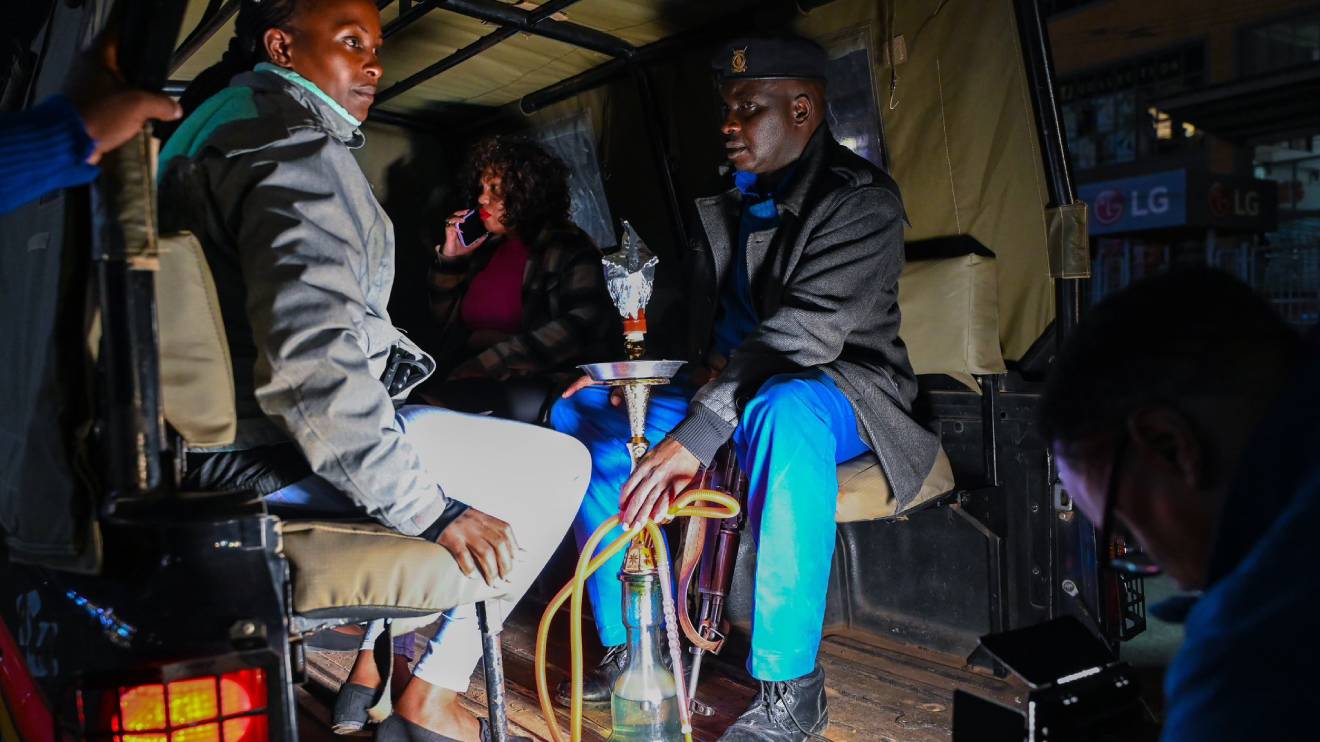
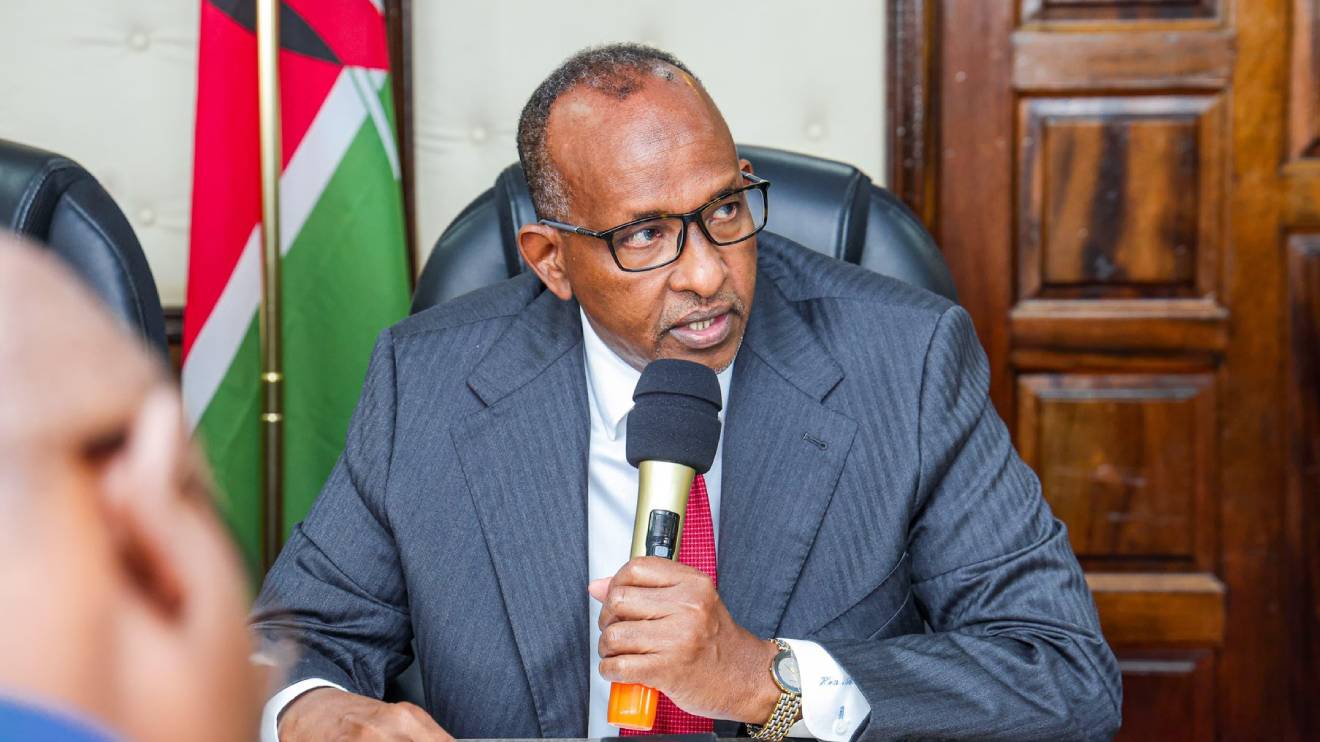
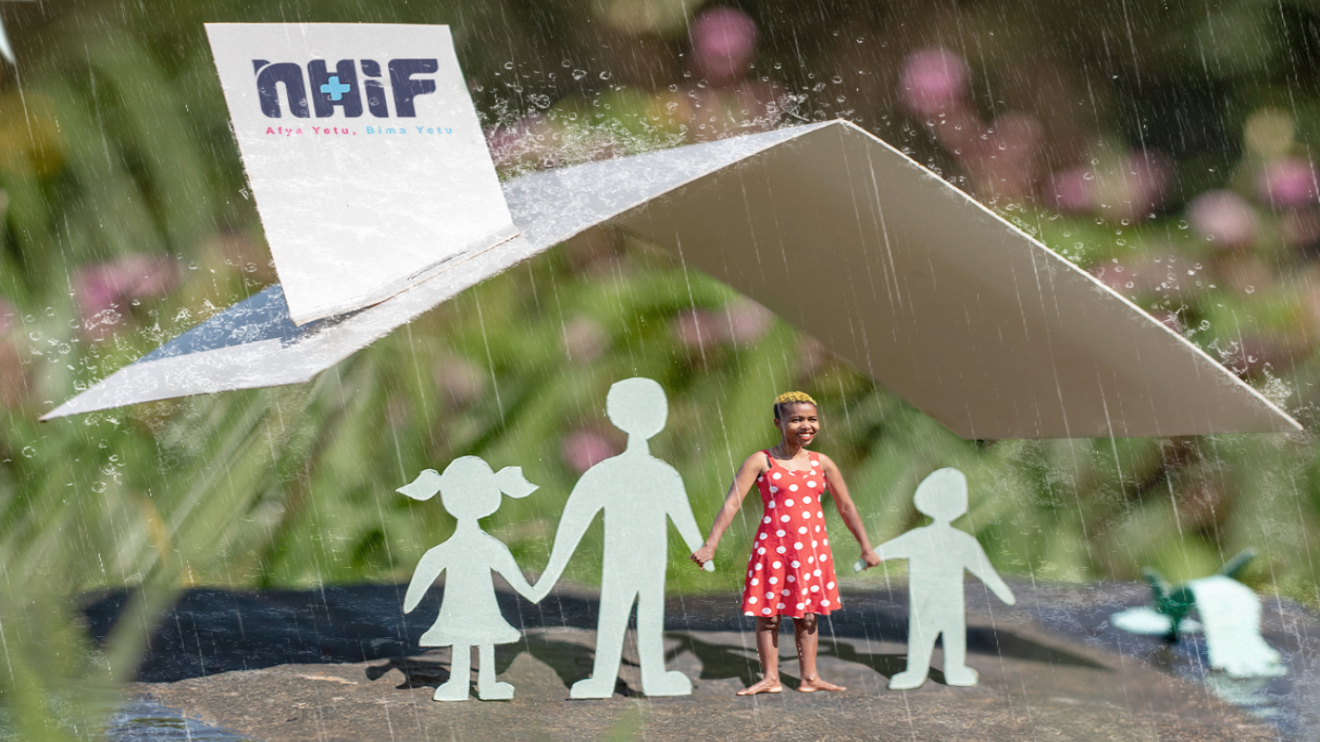
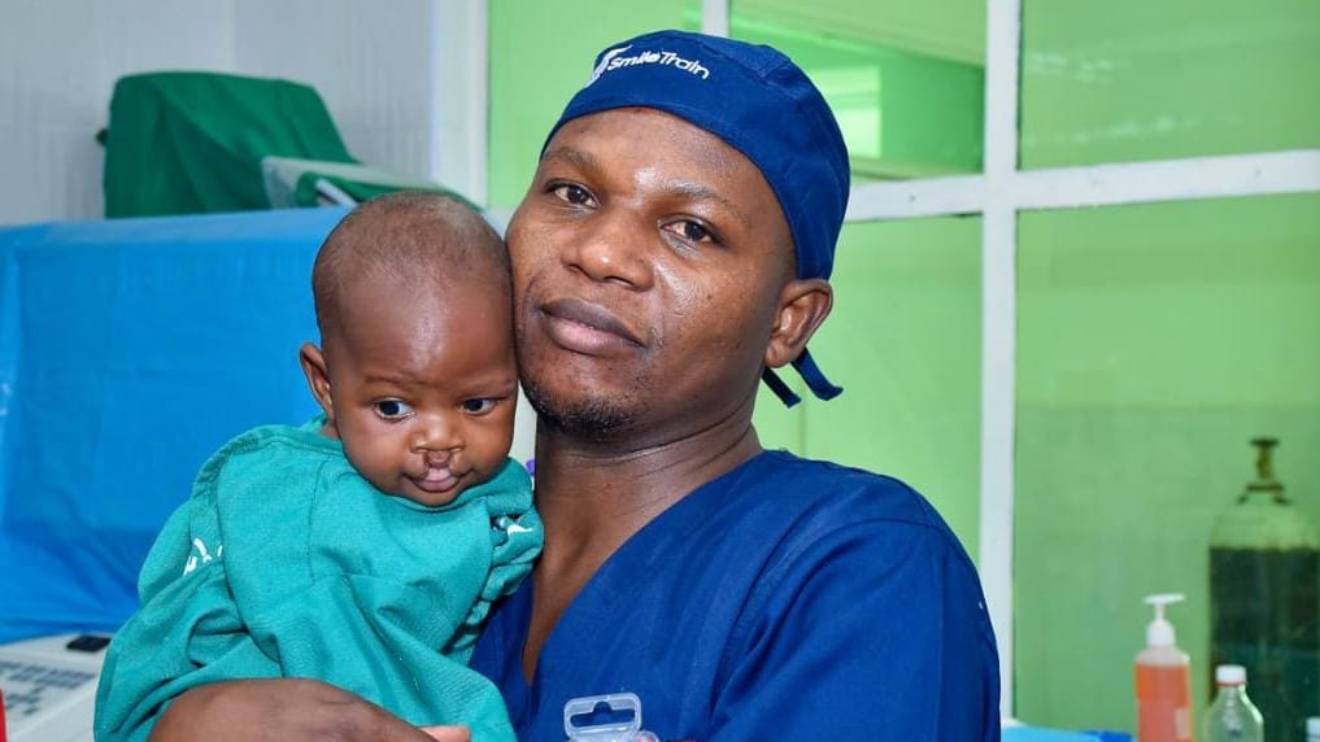
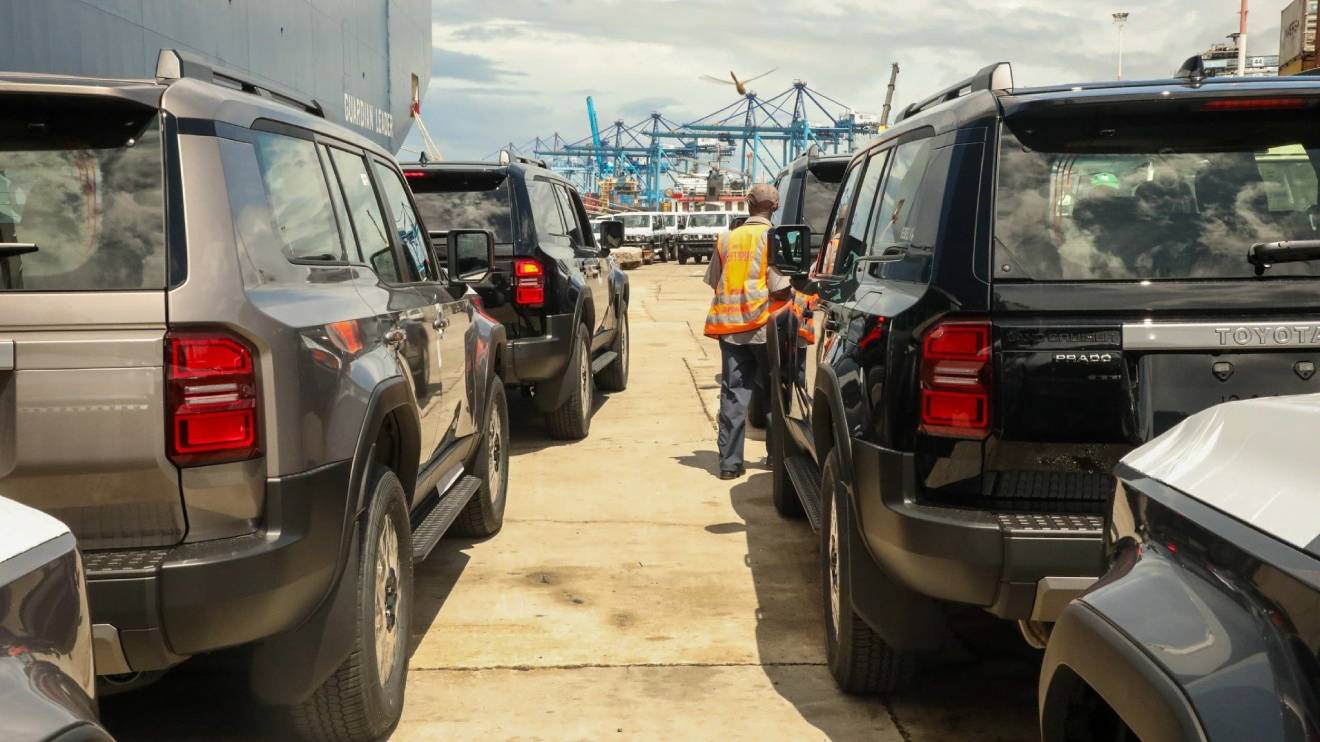
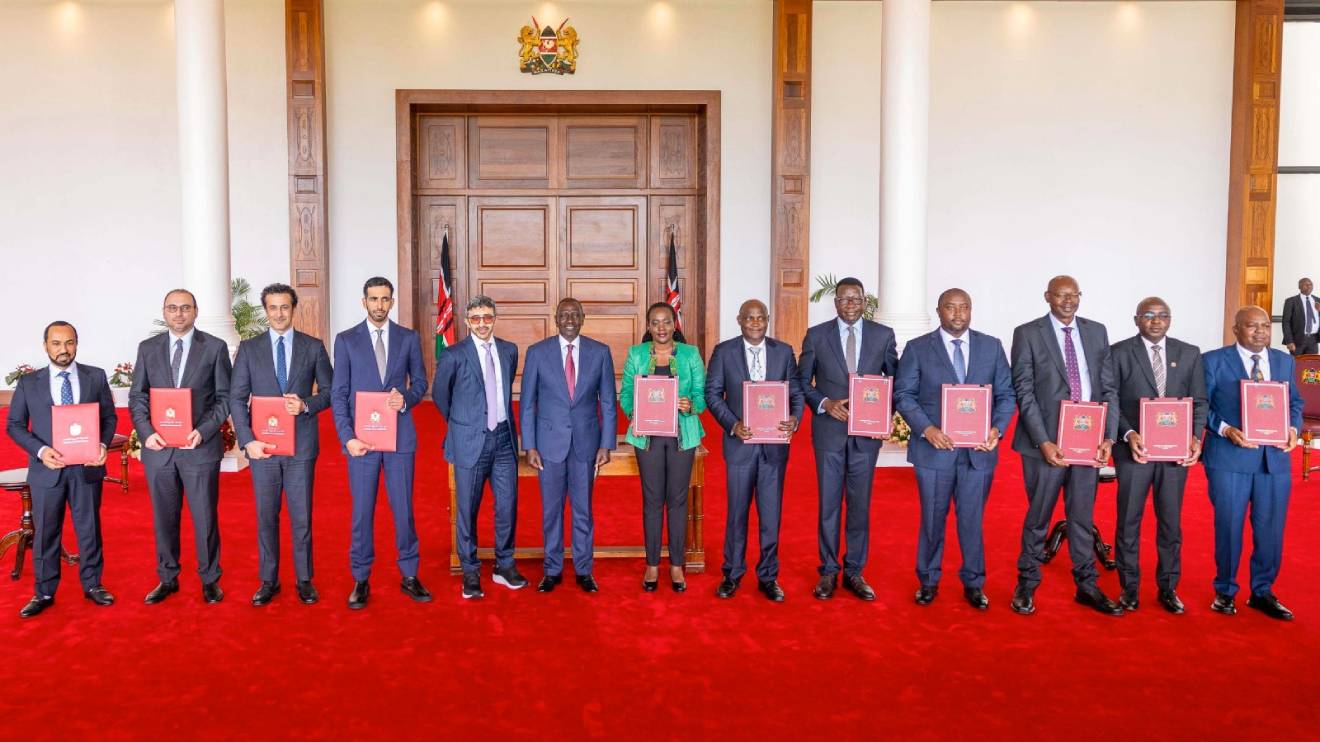
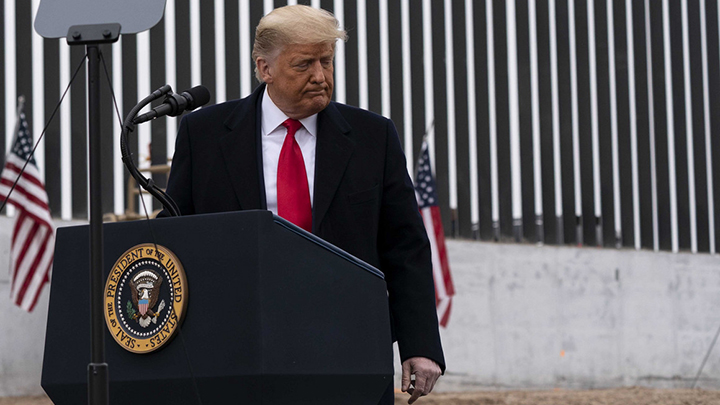
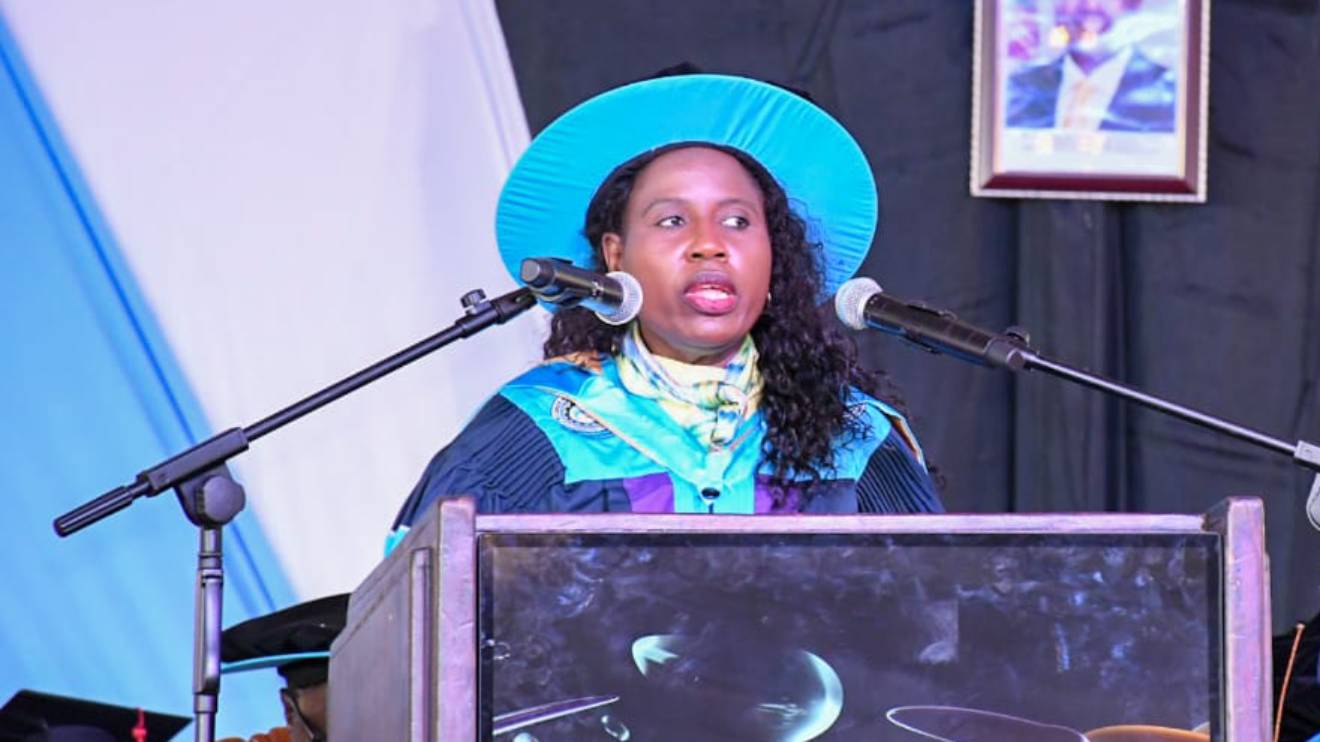
-1746784576.jpeg)